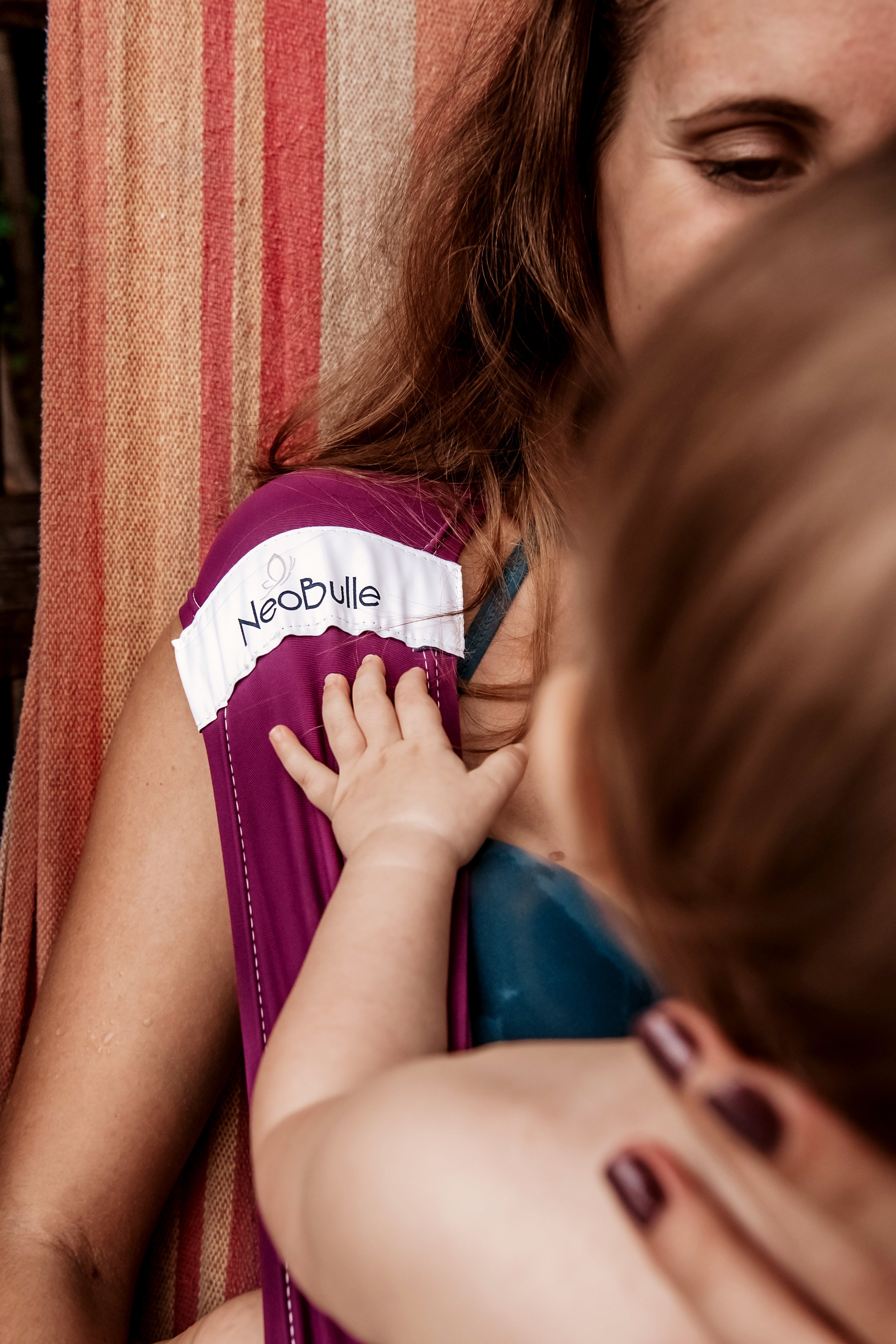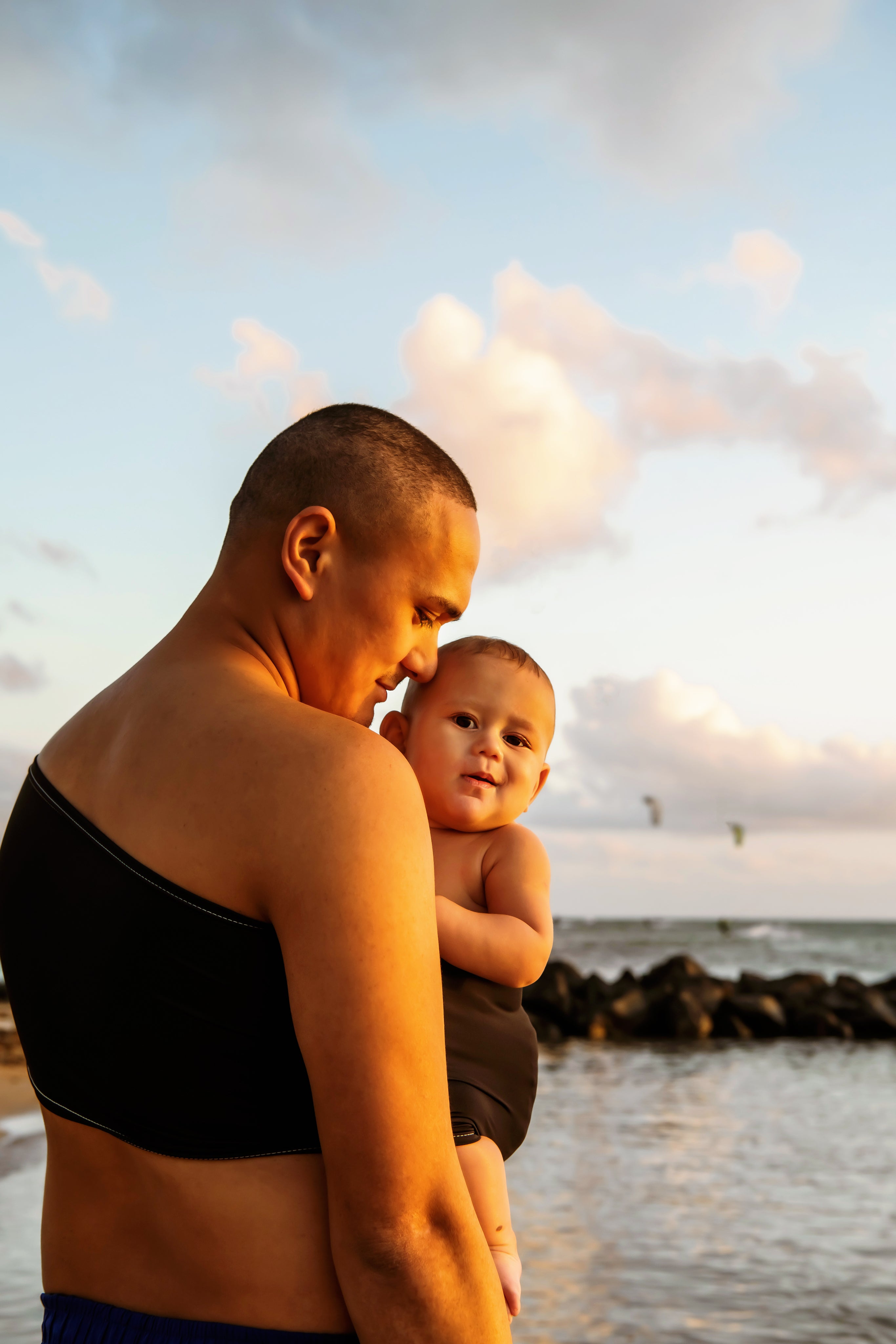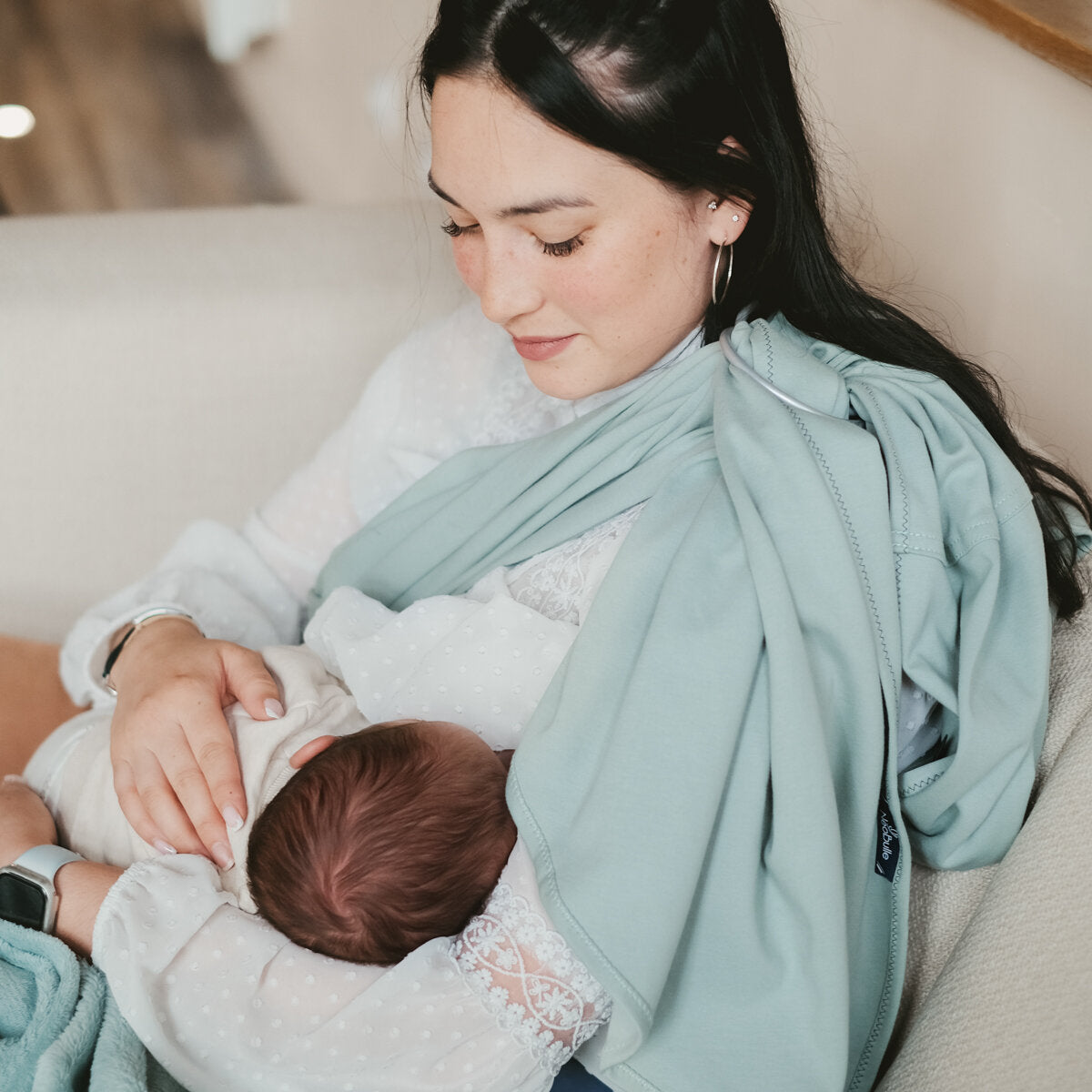Are essential oils endocrine disruptors?
There is much talk about endocrine disruptors, but what exactly is an endocrine disruptor? An endocrine disruptor is a substance capable of interfering with our hormonal system by inducing a harmful effect on health. Critical periods of development where hormonal regulation is particularly important (during fetal development, early childhood, puberty or adolescence, pregnancy), exposure to endocrine disruptors can be concerning. A multitude of substances can be endocrine disruptors, but certain pesticides and plastic components have been found to be endocrine disruptors, such as bisphenol A for example, which is now banned in baby bottles and food containers. A national program to identify endocrine disruptors is underway to regulate them. Are essential oils suspected of being endocrine disruptors? In the media, a scientific study has been reported multiple times, where American researchers demonstrated an endocrine disruption after applying cosmetic products containing lavender and tea tree essential oils. Notably, 60 Million Consumers relayed this study, raising fears and mistrust among consumers regarding these essential oils without any real basis! Since its publication, this study has been cited hundreds of times as a reference for the estrogenic or endocrine-disrupting activity of lavender or tea tree essential oils without additional data. This study has been criticized by many authors on several points and other studies have shown that these essential oils do not disrupt the endocrine system. The SCCS, the Scientific Committee on Consumer Safety of the European Commission, discredited this study itself. Some authors attribute the endocrine effect noted in the American study to phthalates contained in plastics or pesticides that may have contributed to the effect. And what about Neobulle products? At Neobulle, we pay close attention both in the choice of ingredients and in our packaging choices. We select high-quality and organic essential oils. Our certification body, Bureau Veritas, regularly conducts tests on our finished products to check for the absence of pesticides. We choose packaging free of phthalates for plastics or made of glass with good chemical resistance. We remain very attentive to the evolution of techniques and scientific research in this field.
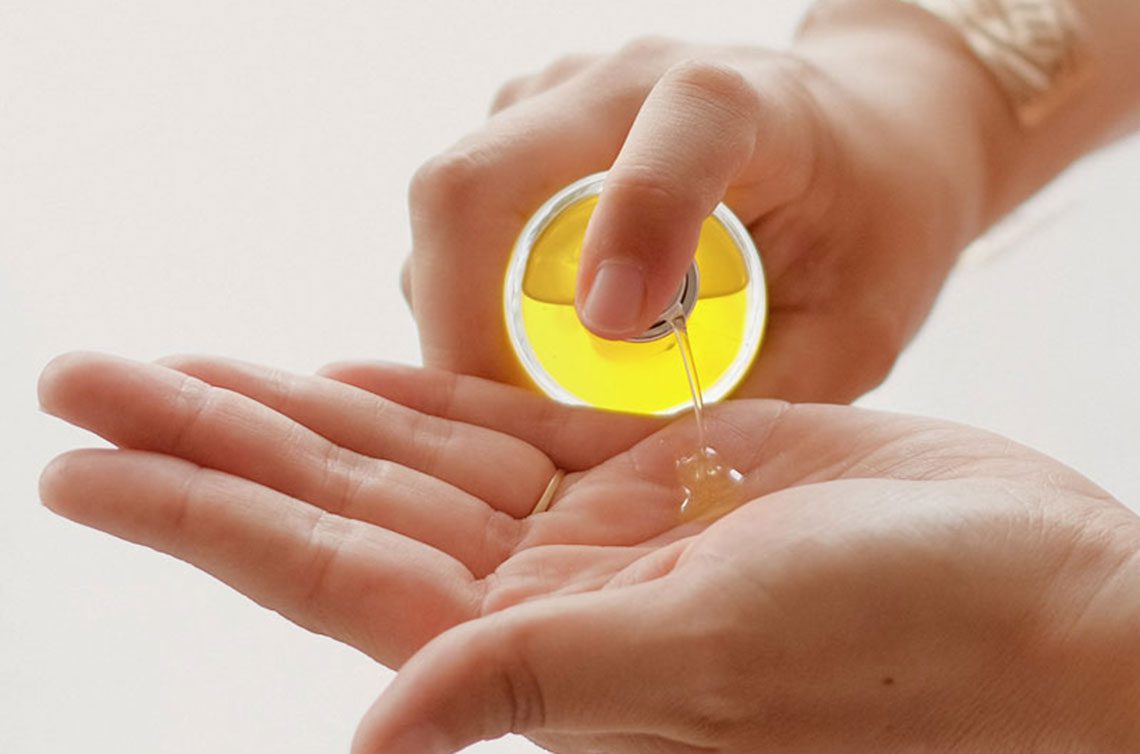
Essential oils, pregnancy, and baby: Tips, precautions, and benefits
Essential oils have been used for centuries for body and mind care. Very active, their use must be supervised to avoid any toxicity. When well-chosen and used under the right conditions, they provide us with all their benefits, naturally. Sensitive individuals should observe precautions for use with essential oils, such as pregnant or breastfeeding women, infants, and children under 6 years old. It is important to avoid self-medication with essential oils and to consult a knowledgeable specialist, or to use finished products formulated and dosed specifically for this audience. What is an essential oil? Essential oils are obtained from the water distillation of aromatic plants, a process unchanged for millennia. True fragrant concentrates, essential oils are very active and contain more than a hundred compounds. Aromatherapy is a traditional therapeutic method that uses essential oils, involving a deep knowledge of their properties, contraindications, methods of use, and how to combine them. What are the benefits of essential oils? The different active compounds of the plant concentrated in the essential oil work synergistically. They have many diverse properties: antimicrobial, antispasmodic, soothing, insect-repellent, etc. In addition, essential oils provide a mental well-being dimension through olfaction. Essential oils have numerous benefits for our body, health, and well-being: They allow to: Relieve pain: if only one had to be mentioned, it would be lavender essential oil (widely used in Neobulle products) for its healing, antiseptic, or antispasmodic virtues. It is essential for the skin (burns, etc.), or to reduce spasms, muscle pains, etc. Boost energy: citrus essential oils, for example, are suitable for restoring tonus or reducing stress Alleviate mental fatigue: with their direct action on the nervous system and their relaxing virtues, essential oils like marjoram or petitgrain help overcome temporary depression There are countless benefits!!! What precautions should be taken? As you may have read (check if you are following), essential oils are very active. They must be used with caution to avoid toxicity. Powerful, some can be irritating, cause photosensitization, be neurotoxic, or even abortive... Conversely, when rigorously selected and used under proper conditions, essential oils provide us with their wonderful and numerous benefits! Can essential oils be used during pregnancy and in babies? Only a small number of essential oils can be used. The dosage of essential oils is crucial; it must be precise for maximum effectiveness and complete safety. A rigorous selection process for essential oils is essential to guarantee their quality and safety: botanically defined plants, well-identified geographical origin, certified organic cultivation, physicochemical characteristics, and well-defined composition. In summary, "YES" essential oils can be used during pregnancy or to meet the needs of babies, but with precautions, favoring vegetable oil synergies — pre-formulated and ready-to-use essential oils, or consulting an aromatherapist. Neobulle products offer a range of adapted and well-identified aromatherapy products by age for easier use and to benefit from the superpowers of plants!
What is the best for Baby?
The best, it’s... The best is not the breast. It’s also not the bottle. The best is not holding him in your arms. It’s also not not holding him in your arms. The best is not placing him in a certain way. It’s also not placing him in another way. The best is not covering him in a certain way. It’s also not covering him in another way. The best is not giving him food in purée. It’s also not giving him food in pieces. The best is not what your mother says. It’s also not what your wife or husband says. The best is not having him stay with a nanny. It’s also not sending him to daycare or having him stay with his grandparents. The best is not following a certain type of education. It’s also not following another type of education. Do you know what is really the best? The best is you… The best is what your instinct tells you. The best is what helps you feel good. The best is what allows you to be happy with your family. Because if you are well, they will receive the best. Because the best is you. Because if you feel confident, they will also feel confident in themselves. Because if you believe you are doing well, your peace of mind and happiness will also be achieved. The best is you. Let’s stop telling every father or mother what is best for him or her. Because what is truly the best for your children, is you." Today I want to share with you this text that speaks to me a lot and that encourages me to be alongside parents. Often, everyone offers their advice on how to handle their baby. These comments often come from good intentions but are sometimes poorly adapted to your situation. Also, you sometimes find yourself overwhelmed and disconnected from your own feelings, no longer knowing who to listen to and sometimes even forgetting to listen to yourself! But aren’t you the best person to know what is best for you and your baby? To achieve this, you must start by trusting yourself… just a little! …listen to yourself, observe your baby with kindness, try things out… Through the parents we support, we often see many who "pass by" what seems right for them and their baby, thus causing guilt, disappointment... There are resource centers, organizations, associations... to take the time to talk about this, not to give you a ready-made answer, but so that you find Your answer. The one who will be just for you, without judgment and guiding you if needed, towards a professional who will be able to support you. You are not alone, but most of the answers are within you! Karen

Baby's tears
...Crying is often part of our daily life with the arrival of a baby. They can be difficult to experience, especially when they are frequent or when we fail to understand their meanings. Sometimes, as parents, we feel helpless, exhausted, in front of these, which is understandable. However, crying is so important for baby. It is their only way to communicate that they need something, that something is wrong... Given that they have not yet acquired speech or walking to move around and meet their own needs. It is primarily a matter of survival for them!! What is behind these cries? Baby may have a physiological need (thirst, hunger, dirty diaper, heat...) or emotional (fear, feeling alone, overstimulation...). If baby cries, it means they need something, they cannot throw a tantrum before a certain age because their brain is not mature enough to manage their emotions. It is obvious that this can sometimes be exhausting for a parent, but responding to these cries remains important. Recent research in neuroscience and psychology supports this. According to a study from Notre Dame University in the United States, for example, "leaving a baby to cry without trying to comfort them would have negative consequences for their health and could lead to anxiety problems in adulthood" It is not about blaming parents on this matter but providing information. Nor about blaming the generations before us or the people around us who encourage us to let baby cry, for example. Everyone deals with what they received from their parents, some advice from loved ones or professionals... The advances in this area are relatively recent and still not well known by many. ...You might think that all this is good in theory but sometimes practice is quite different and, quite simply, we just can't take it anymore! It is also important to listen with kindness, as a parent. It is not always an easy role to hold. Before "losing it," it is sometimes better to momentarily put baby in a safe place and tell them that you need 5 minutes to collect yourself... Or to pass the baton to someone trustworthy. In any case, don't stay alone in these moments, you can talk about it with your loved ones or trusted professionals, with other parents (during workshops with other parents, for example) and you will probably see that you are not so alone in facing these difficulties, and others might be able to offer solutions that suit you... And what if crying was viewed from a more positive angle? Did you know that they promote the secretion of hormones that encourage milk production, that they foster the parent–baby attachment bond, and the feeling of security in the baby when there is an appropriate response from the parent? Tears also help restore the body's chemical balance after stress... Therefore, it's not about eliminating them at all costs but rather learning to welcome and sometimes accompany them. Photo credit: donnierayjones What about colic? Today, the term colic is sometimes used frequently as soon as a baby cries. Not that these episodes don't exist, but it's a term that can be "restrictive" because sometimes behind it lies an emotional problem rather than stomach pain (although that can happen too!). As a parent, we are primarily responsible for the baby's safety, seeking what disturbs them. We must ensure to provide an appropriate response to their immediate need, even if it is embarrassment. In case of doubt (suspected pain, illness...), do not hesitate to consult a doctor. Also keep in mind that even if they are clean, full... some emotions can remain unmanageable for a baby. Finally, if you have tried everything, and everything seems fine for the baby's well-being, perhaps it is worth just holding them in your arms with love and verbalizing that they can cry safely if they need to. By the way, isn't it a sign of trust that they show you by allowing themselves to cry alongside you? To conclude, here is a touching and meaningful text: "Imagine you have just experienced a traumatic event, something that profoundly disturbed you. You are on the verge of tears and unable to relax or focus. You will find a friend or your partner to seek help. You start talking about what happened to you and how you feel about it. After a moment of empathy, your friend begins to calm you down by saying: "It will be okay, it will be okay, don't think about it anymore, please don't cry, I can't stand it when you cry. Come on, give me a smile now. Let me prepare something to eat for you. Maybe you should see a doctor?". You will probably wipe away your tears and internalize your suffering, in order to preserve your friendship and also because your friend's response showed you that you cannot be yourself in their presence. Now, imagine yourself in the same situation, receiving a different response from your friend. You start talking about what happened to you and how you feel. Your friend looks you straight in the eyes, leans forward, and takes your hand saying: "I am here for you, tell me what happened. I can see that you are really suffering and I want you to know that I love you and want to help you overcome this experience." She hugs you and you break down into deep sobs, protected by her presence. You let yourself go, sometimes in an incoherent way, and she says to you: "Tell me more... And then what happened? It must have hurt you a lot." You will find her sincere, and this trust will make you capable of letting go and finally regaining control. Your relationship will be stronger, your friend will feel good because she was there for you, and you will feel more able to restore a calm functioning. Article "Listening to Babies" by Vimala McClure, founder of the AFMB (French Association of Baby Massage)

Everything to know about skin-to-skin contact
It has long been a tradition to wrap the baby in a cloth before handing it to the mother after birth. But this trend is giving way to skin-to-skin contact. The practice involves placing the baby, nude or in a diaper, directly against the mother’s chest. It is not uncommon for skin-to-skin contact to be offered to the father when the mother is unable to do it herself. It is also called the Kangaroo method. So, is it a passing trend or a recommended practice? And why practice skin-to-skin contact? How is "nurturing" skin-to-skin contact? It was in Colombia, 40 years ago, that Dr. Edgar Rey Sanabria imagined warming premature babies by placing them, undressed, against the bare chest of their parents. The practice has existed for a long time. However, it has only recently been adopted by French maternity wards. How to practice skin-to-skin contact? Baby must, of course, be undressed initially. Usually, their diaper is left on. Their chest is placed on the parent’s chest, who has previously undressed their torso. Their head must be free to breathe comfortably. They are generally covered with a sheet and a blanket so they don’t get cold. Skin-to-skin contact can be practiced sitting or standing. To do this, you will choose a carrying sling made of Oeko-Tex cotton (a fabric free from pollutants, heavy metals, and toxins). Similar to a physiological baby carrier, it adapts to all body types and allows you to keep the baby comfortably against you, safely. Neobulle offers several models of slings, including the without knot sling My Sling Jersey. Why practice skin-to-skin contact? Calming the baby Practiced immediately after birth, skin-to-skin contact, as we mentioned, has the advantage of warming the baby. Indeed, against the parent’s chest, the baby regulates its temperature and, at the same time, stabilizes its heart rate. Through this practice, it also regulates its breathing. Skin-to-skin contact even helps increase its blood sugar levels! Later, the kangaroo method is reputed to calm the baby’s cries. Studies have shown that babies practicing this method cry much less than those placed in their cribs. Reassuring the baby Childbirth is a test for the mother… but it is also for the baby. The transition from the mother's womb to open air is the first great adventure of their life! No more the comfort of a warm, cozy belly! When born, baby loses their bearings and needs to be reassured. This is why the first skin-to-skin contact is important for baby. It reconnects them with the heartbeat of the person who carried them for months, it hears the familiar voice of mom or even, dad. And then the warmth of the parent's body helps to reassure them! All these "little details" allow them to enter their new life more gently. Reassuring parents It's not only baby who is soothed by skin-to-skin contact! Parents who practice it also feel a sense of calm. In the practice of the kangaroo method, an increase in oxytocin, the "love" hormone, is observed. This hormone has the ability to soothe and release anxieties. And it is scientifically proven! Skin-to-skin reduces parental stress! This close contact with baby may even promote the production of endorphins, hormones secreted by the brain that are known to create a sensation of euphoria. Facilitating breastfeeding The hormones produced during skin-to-skin offer a feeling of well-being that helps to strengthen the parent-child bond. Oxytocin, in particular, already produced by the mother throughout pregnancy, contributes to the production of breast milk. The milk let-down reflex is thus promoted after birth. Skin-to-skin also helps to maintain lactation afterward. Practicing the kangaroo method from birth finally promotes the baby's instinct to find their mother's breast! Developing the child's immune system Skin-to-skin truly has more than one trick up its sleeve! It also has the recognized ability to develop the baby's immune system. And this is important because it will help limit the infection rate they may face. * Beyond the practice carried out immediately after birth, skin-to-skin retains all its benefits for months! That is why it is important to continue practicing it upon returning from the maternity ward and until the baby is 12 months old. A way to continue fostering calming exchanges between parent and baby! The first months with baby will be all the sweeter!
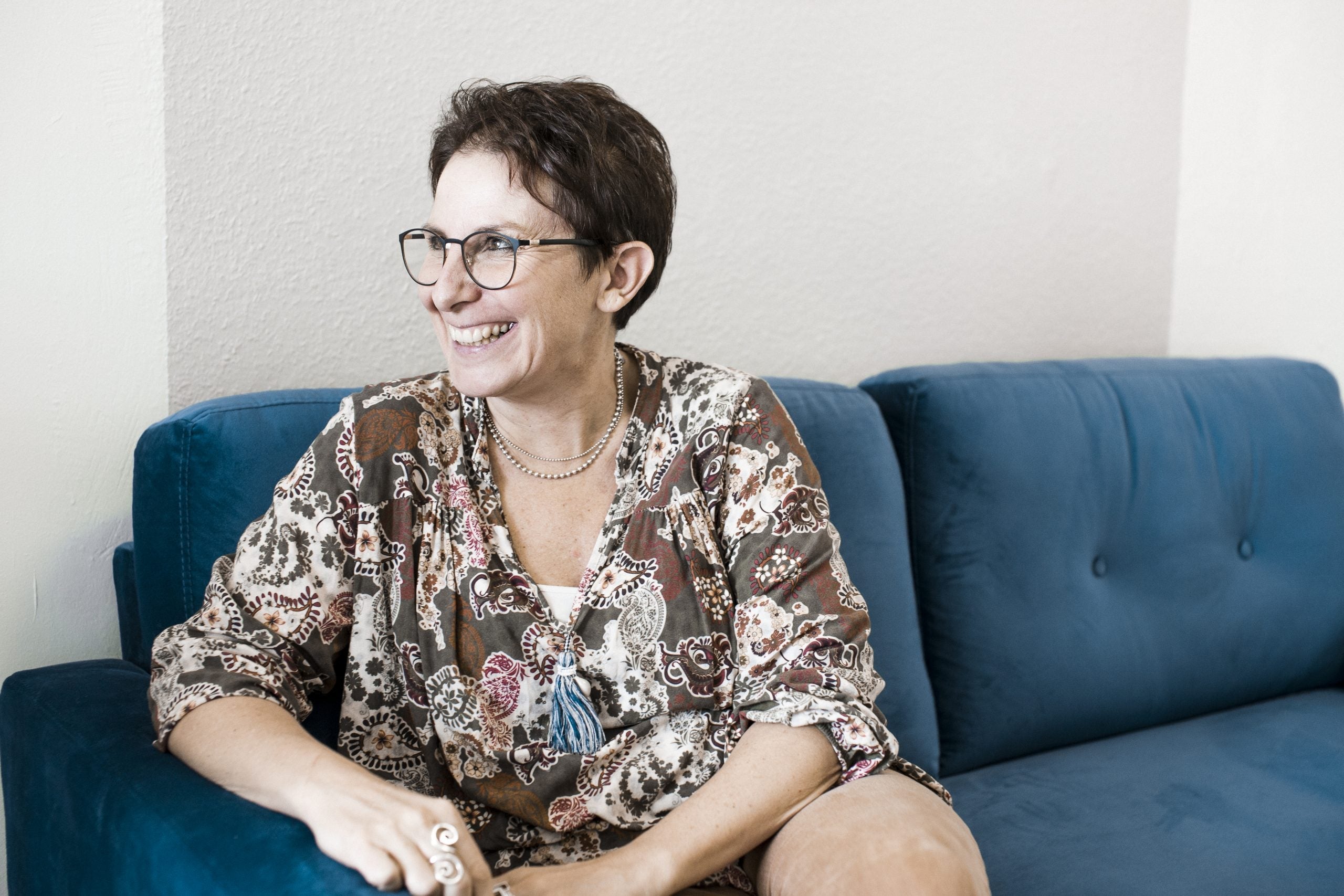
Interview with Séverine Martial: Babywearing, breastfeeding, and parenting
Nurse and creator of support associations for moms, carrying workshops, then Néobulle, Séverine has more than one trick up her sleeve. But above all, she has a deep understanding of mothers and a passion for babies! Let's get to know each other! I am a trained nurse, born into a family of caregivers with a midwife mother. After my first child, a little girl, I breastfed for 3 months without questioning it. Then, engorgement with a fever occurred. I visited my doctor, who knew nothing about it, but I didn't realize it. He told me to stop breastfeeding and to pump my milk because I risked poisoning my baby. It was a big mistake. This marked the end of my breastfeeding because production decreased very quickly. The end of the first episode, with no regrets or questions, because during my nursing studies, breastfeeding was not discussed except to warn us that weaning could be dangerous and lead to risks of autism. Of course, those were still mistakes. However, we had learned how to prepare bottles! And then, a meeting changed everything. A mom who came to the baby swimmer class with me and was breastfeeding her 9-month-old toddler. That made me question myself. Why was I no longer breastfeeding? Why are we so poorly informed as mothers? Why are we so poorly trained as health professionals? From that moment, I immersed myself in this fascinating world. I discovered how well-designed nature is, how a harmonious life with a baby brings joy to families. I decided to act to raise awareness in maternity wards. Did you succeed in getting your message across? It was difficult. I fought for years. I created a first support association for breastfeeding called "Ref’Lait." Then a second, "Naturellement Parents," to help parents stay calm and serene with their baby and to make them feel supported by guiding them on carrying, parenting, massages, and even singing. Ref’Lait still involves about fifteen health professionals who continue to support breastfeeding mothers through consultations or visits in maternity rooms. We operate free of charge in the Loire thanks to funding from the Regional Health Agency. I am very proud of that. After support associations, did Néobulle come along? Yes, Néobulle came naturally, without ever thinking about creating a business someday. Initially, to further improve support and to leverage the craftsmanship of my region known for its weaving artisans, I developed and had physiologic carrying scarves manufactured just a few steps from my home. Then, passionate about aromatherapy, the idea of creating 100% natural, organic skincare products that are free of artificial ingredients and, most importantly, effective, came to mind. Always with the goal of better meeting the needs of babies and giving parents confidence. When did you realize that breastfeeding is important? About twenty years ago, during my nursing training, I did an internship at a retirement home. I was struck by the elderly women I cared for. As soon as the topic of babies was mentioned, they talked about their breastfeeding experiences. Regrets, satisfactions, pleasures, and unfulfilled desires… At that moment, I thought that breastfeeding a baby was something very important in a woman’s life, to the point of leaving a mark on her entire life. How would you describe parenting? It is the natural way of caring for a baby. Parenting simply means taking care of and responding to their needs. During the first few months, their needs are simple. They are only vital. Sleep, being fed, changed, washed, cared for, and carried to feel secure. And of course, a baby needs attention and love. It is important to be aware that parenting has existed forever. It has disappeared over the centuries for several reasons. In the nineteenth century, carrying and breastfeeding were associated with so-called “primitive” populations, while so-called “modern” inventions, like strollers and swings, reduced the essential proximity between a baby and their mother. The lack of time with women’s emancipation also... Exactly. Women’s emancipation naturally took more and more time away from mothers to care for their babies. Not to mention the numerous pediatric hypotheses that have contradicted each other over the years: not carrying, feeding at fixed times, not responding to cries… All these factors, combined with carrying, parenting, and nurturing, gradually disappeared. Yet these are instinctive and ancestral practices! This is the famous maternal instinct. If a mother were on a deserted island with her baby, she would take care of her baby, breastfeed without question, hold her constantly against her, and the baby would have everything it needs to be healthy and happy. But fortunately, instinct takes over! And carrying, breastfeeding, and parenting are coming back to the forefront. Can you tell us about the benefits of parenting? Yes, of course! The relationship created through parenting is just as beneficial to the mother as it is to the baby. The baby feels better and cries less, while the mother gains confidence and asserts herself in her new role, whether it's her first baby or a new little one in the family. Having the feeling of understanding your baby and responding well to their needs gives parents immense confidence and an unparalleled sense of fulfillment. It creates a virtuous circle that promotes harmonious development of the baby within their family. Then, you become a parent, and the rest is won! So, is this also beneficial for future education? The more the mother understands her baby, the more confident she is in her role as a mother. The same applies to the father. It then becomes easier to gradually set boundaries when the little "caprices" start to appear. The confidence and serenity that parenting provides are the starting points for simple and natural education. Séverine wants to emphasize one point… During the first months of the baby, it is essential to meet all their needs. Whether they ask for cuddles, want to breastfeed 10 times in a row, or desire a comforting cuddle, these are only basic needs essential to their physical, mental, and emotional development. A baby does not make their parents work or play the comedy, as some still believe. Carrying helps immensely in daily life and during moments of intense demands. It allows the mother to stay close to her baby continuously while continuing her activities. So, no frustration. Moreover, by being in contact, she secretes hormones that keep her alert and help her instinctively know what to do. This close proximity with her baby allows the mother to understand him, quickly detect his needs, and learn to anticipate them. As a result, the mother gains confidence, and the baby cries less or not at all. Should a baby not cry? The cries of the first months can be completely avoided thanks to carrying and parenting. This gives confidence to the mother and reassures the baby. The tears are a source of exhaustion and stress for the baby. He no longer sleeps properly, has less appetite, and the mother worries. Crying doesn't serve much purpose; it's the ultimate sign that we failed to recognize his needs earlier. But it's normal not to manage everything perfectly on the first try! Being a parent is learned little by little, by listening to your inner voice and not just the advice of those around you. What is your opinion on co-sleeping? This is a very controversial topic in France. It is discouraged by pediatricians in the first few months to avoid sudden infant death. On the other hand, it is a practice that has lasted through the centuries and is still practiced almost everywhere in the world. It is important to note one key point. When the baby is in the parents' room, the mother feels more at ease. She sleeps better being close to her baby. Breastfeeding hormones also help develop lighter sleep and keep alert. Recently, it has been recommended to have the baby sleep in the parents' room during the first 6 months. Regarding co-sleeping, WHO has established safety rules to follow if practiced. Thank you, Séverine, for all this valuable information!
